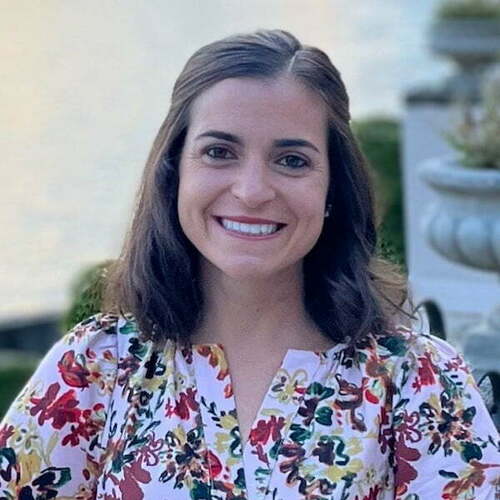Careers
Study Arabic. Do Anything.
What can I do with an Arabic major?
Graduates who majored in Arabic are in high demand. Because of its strategic importance, the U.S. State Department has designated Arabic as a “critical language.” Notre Dame Arabic majors have been accepted into the leading graduate programs in the nation, and have built successful careers in fields such as government, business, journalism, and education. Our recent graduates have landed great jobs in technology, consulting, and government and pursued advanced degrees in the humanities or sciences. A significant percentage have also chosen to pursue full-time service work for a year or more, seeking to make a difference in the world while building real-world skills.
Skills you'll learn
- Ability to articulate complex thoughts and theories
- Effective oral communication
- Strong writing
- Team Work
- Critical thinking and analytical reasoning
- Ability to apply knowledge to real-world settings
- Ethical judgment and decision making
- Ability to analyze and solve problems with people from different backgrounds

Victoria Braga ’11
Trial Attorney, Civil Division, Office of Immigration Litigation
“As an immigration attorney, many of the cases I work on involve Arabic speakers and individuals from countries in the Middle East. My proficiency in Arabic, as well as my understanding of the history, religion, politics, and culture in the Middle East, helps me to understand the issues in these cases and to produce well-reasoned and well-informed work,” says Braga, an Arabic and political science major. “Arabic is unique and contemporarily relevant — it makes a student an attractive job applicant, regardless of their chosen career path.”
-
Victoria Braga ’11
Trial Attorney, Civil Division, Office of Immigration Litigation
“As an immigration attorney, many of the cases I work on involve Arabic speakers and individuals from countries in the Middle East. My proficiency in Arabic, as well as my understanding of the history, religion, politics, and culture in the Middle East, helps me to understand the issues in these cases and to produce well-reasoned and well-informed work,” says Braga, an Arabic and political science major. “Arabic is unique and contemporarily relevant — it makes a student an attractive job applicant, regardless of their chosen career path.”
-
Erin Hayes ’18
Officer Candidate, U.S. Navy
After completing her undergraduate studies, Hayes lived in Cairo, Egypt with St. Andrew's Refugee Services. “Studying Arabic gave me the confidence I needed to move to Cairo and delve into a world full of opportunities.” Following her time in Cairo, Hayes then completed a master's degree in global governance and diplomacy from the University of Oxford. She is a member of the United States Navy.
-
Jonathan Liedl ’11
Senior Editor, National Catholic Register
“Immersing myself in the language and culture of a region as distinct from America as the Middle East was a beautiful lesson in empathy, and ultimately facilitated deeper understanding between different peoples,” says Liedl, who majored in Arabic and political science. “Although my present life is dramatically different than what I envisioned when I studied Arabic, I can still see a clear connection — I don't speak Arabic much these days, but I do practice empathy and service for others.”
-
Monica McEvoy ’15
Sr. Manager, Fulfillment Optimization, Target Corporation
“My Arabic studies major and my liberal arts degree prepared me well for a job in business,” says McEvoy who majored in Arabic and anthropology. “The Arabic program gave me unforgettable experiences and taught me how to think critically and communicate clearly. I believe that this unique and challenging degree enabled me to stand out among my peers when I was applying for post-college positions — and continues to differentiate me as I advance in my career.
-
Martina Rofaeil ’19
Dental Student, University of Pennsylvania
“Majoring in Arabic broadened my cultural awareness and exposed me to different cultures,” says Rofaeil who majored in Arabic and chemistry. “In addition, it helped me learn a language that is used in many parts of the world. These two aspects will contribute very significantly to my future career as a dentist. In dentistry, I will interact with people of different age groups, ethnicities, and cultures, and I believe majoring in Arabic will help me be culturally competent and enhance my interactions with my patients.”
98% of recent Notre Dame Arabic majors found full-time employment, enrolled in graduate school, entered service programs, or joined the military within six months of graduation.
Note: Outcomes data comes from First Destination reports, a survey of recent graduates conducted by the Notre Dame Center for Career Development and Office of Strategic Planning and Institutional Research. Status is known for more than 90% of each graduating class.